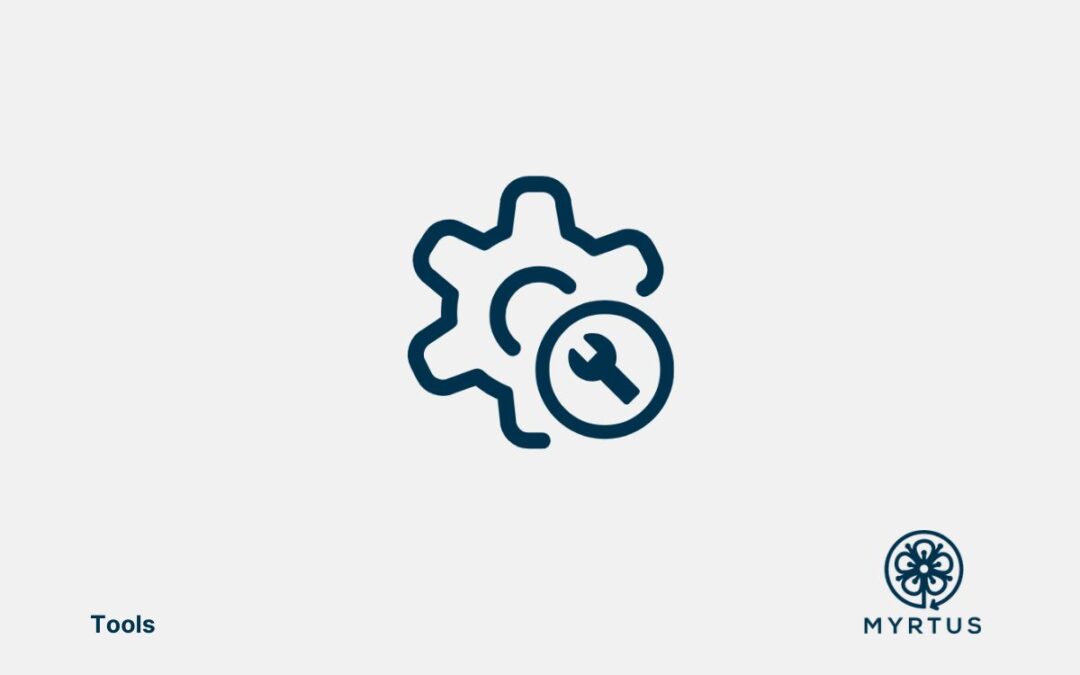ARK – Liqo
| ID: R14 | Licence: Apache License V2.0 | Owner: Liqo Maintainers | Contacts: luca.castello@arubakube.cloud giuseppe.zangari@arubakube.cloud francesco.cheinasso@arubakube.cloud francesco.torta@arubakube.cloud |
| Short Description | Liqo is an open-source project enabling seamless Kubernetes multi-cluster management, allowing resource sharing and collaboration across diverse Kubernetes environments. With its dynamic resource management and automation capabilities, Liqo simplifies hybrid and multi-cloud architectures for enterprise-grade scalability and efficiency. |
| Key features | – Seamless Multi-Cluster Federation: Automates cluster-to-cluster connections for resource sharing, workload distribution, and scaling across multiple Kubernetes environments. – Dynamic Resource Management: Efficiently allocates and manages resources across clusters, optimizing performance and cost. – Zero-Trust Security: Built-in secure communication and policy enforcement for inter-cluster resource sharing. – Federated Networking: Enables consistent communication and networking between clusters without manual configuration. – Multi-Cloud and Hybrid Cloud Ready: Easily integrates with cloud providers and on-premise Kubernetes clusters, maximizing flexibility. |
| Require | – Kubernetes cluster with version >= 1.20. – Cloud or on-premise environment supporting Kubernetes. – Networking plugins (e.g., Calico, Cilium) compatible with Liqo. |
| Provide | – Transparent resource sharing between clusters. – Deployment of applications across distributed infrastructures. – Federated learning capabilities for distributed AI/ML processing. – Enhanced cross-cluster security policies. |
| Input | – Kubernetes cluster configurations, including node details, namespaces, and policies. – Networking setup for seamless inter-cluster communication. – Application resource requirements, scaling preferences, and security policies. |
| Output | – Seamless integration and management of multiple Kubernetes clusters. – Dynamic resource allocation across clusters. – Federated namespace sharing for distributed applications. – Improved efficiency in hybrid and multi-cloud setups. |
| User | Platform Engineers: Simplify multi-cluster management and resource sharing. Cloud Architects: Design and optimize hybrid/multi-cloud architectures. DevOps Teams: Enhance deployment scalability and resiliency. |
| Benefits for the user | Cloud-to-Cloud and Cloud-to-Edge Federation: Enable seamless resource sharing and orchestration across diverse Kubernetes clusters, whether in the cloud, on-premises, or at the edge. Dynamic Resource Orchestration: Optimize workload distribution by dynamically allocating resources across clusters based on real-time availability and demand. Unified Management: Simplify operations by managing multiple clusters as a single, cohesive infrastructure, eliminating silos between cloud, edge, and hybrid environments. Improved Scalability: Effortlessly scale applications across federated environments to meet peak demands without additional configuration overhead. Edge-Optimized Performance: Leverage edge computing for latency-sensitive workloads while utilizing centralized cloud resources for high-capacity tasks. Enhanced Resource Utilization: Maximize the usage of underutilized cluster resources by securely sharing workloads across federated environments. |
| Role in MYRTUS | Core Enabler: Serves as the foundational framework for creating a computational continuum across cloud, fog, and edge layers. Kubernetes Cluster Federation: Connects and integrates Kubernetes clusters at each layer, ensuring interoperability and resource sharing. Inter-Layer Workload Orchestration: Provides the MIRTO agent with the capability to manage and execute workloads across different layers seamlessly. Scalable Infrastructure: Supports the hierarchical architecture of MYRTUS by enabling dynamic resource allocation and efficient workload distribution. |
| TRL@M0 | 2 |
| TRL@M36 | 4-5 |
General description
Liqo is an open-source platform designed to enable seamless Kubernetes cluster federation, allowing resource sharing and workload orchestration across cloud, on-premise, and edge environments. By leveraging its automated inter-cluster communication and secure networking capabilities, Liqo simplifies hybrid and multi-cloud architecture management while ensuring performance, security, and scalability for distributed systems.
MYRTUS Extension/Contribution
In MYRTUS, Liqo serves as a key enabler for establishing a computational continuum across the cloud, fog, and edge layers. With each layer hosting its own Kubernetes cluster, Liqo provides the MIRTO agent with the capability to seamlessly orchestrate workload execution across clusters and layers. This ensures efficient inter-cluster resource sharing and execution, simplifying the management of distributed workloads within the MYRTUS framework.
Plans and Expectation
Assessment Plan@M18:
Evaluation of interoperability, latency, bandwidth, resource utilisation, reliability, and security between resources in the cloud and on the edge. This implies enabling the continuum within the assessment scenario’s cloud-edge infrastructure to schedule/move WLs on both MYRTUS assessment scenarios. More concretely, at M18 we envision to be able to successfully establish the continuum between at least one MYRTUS edge node and one cloud cluster.
Expected Results@M18:
Availability of cloud continuum between simulated cloud/fog and edge.

